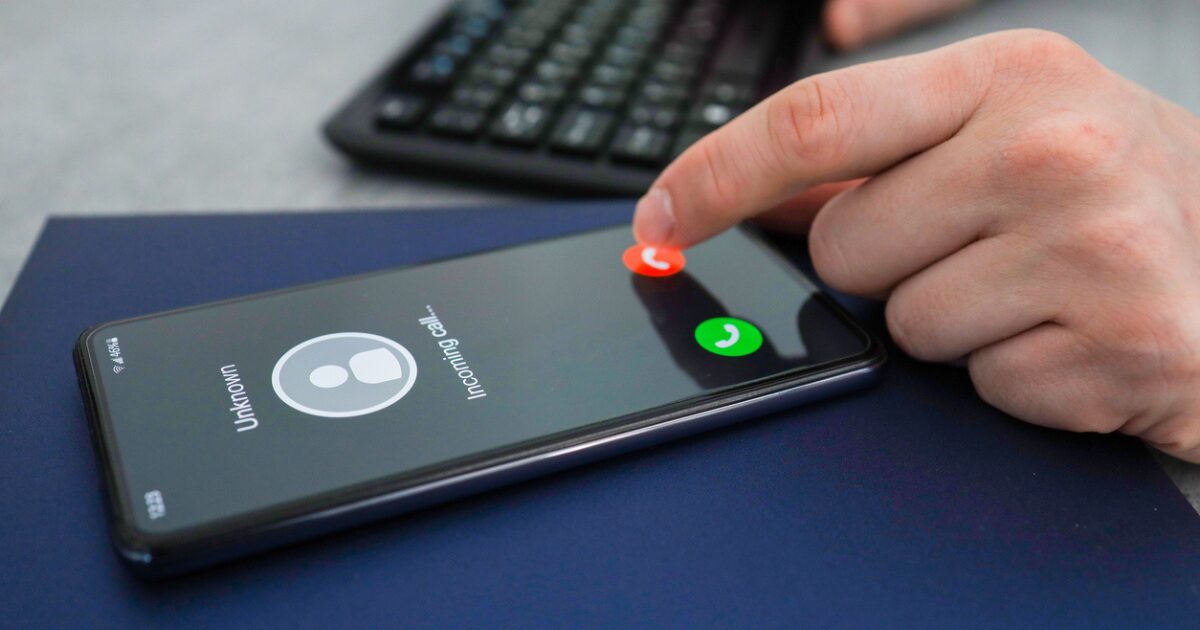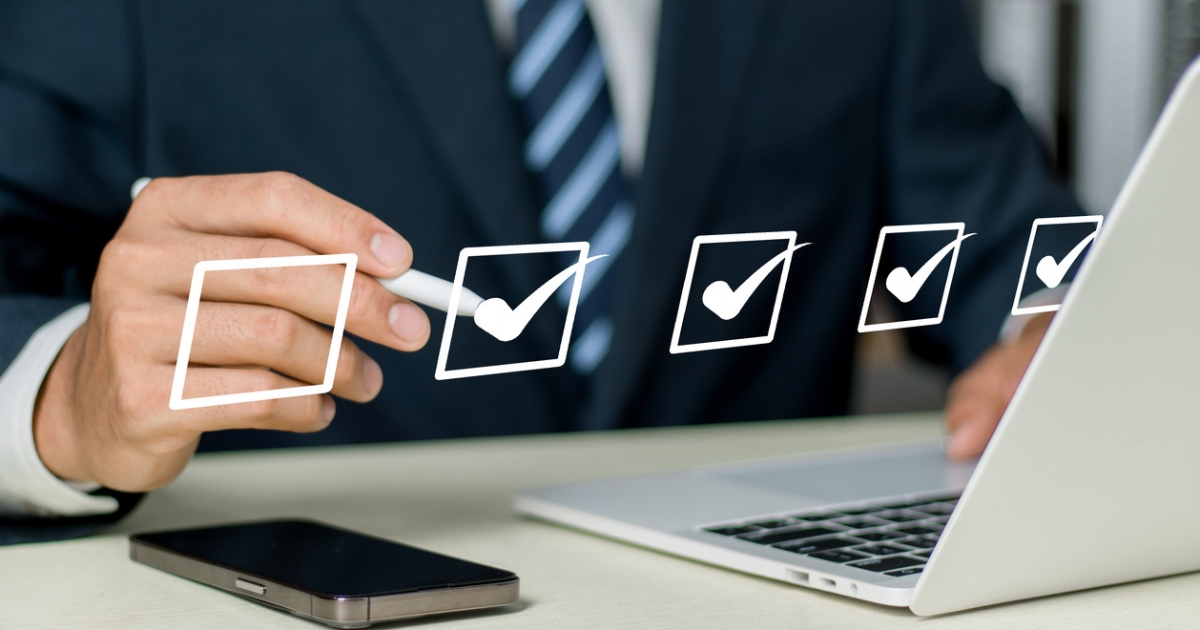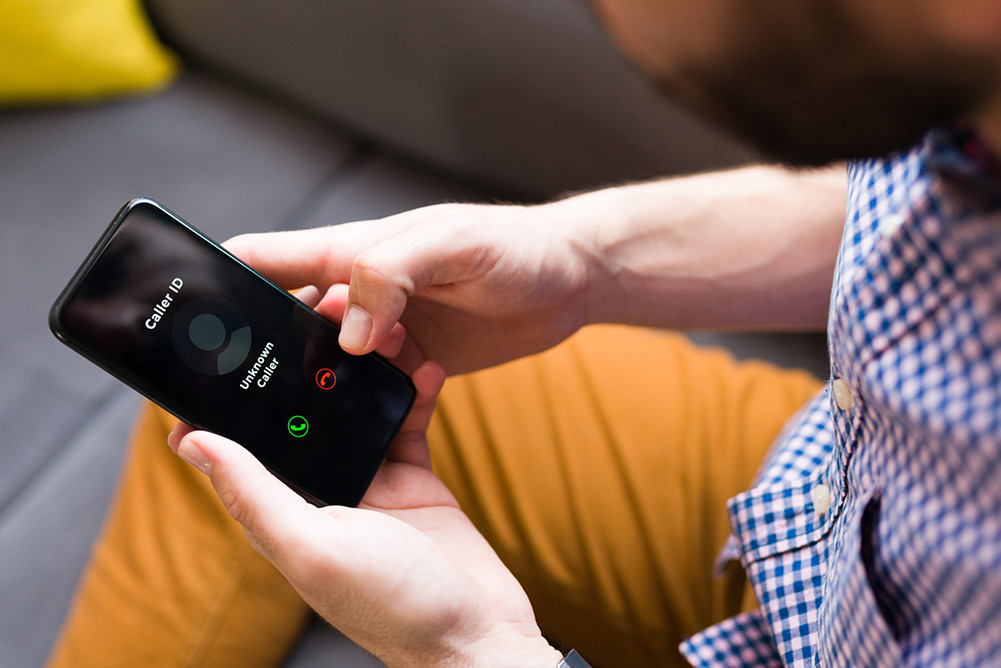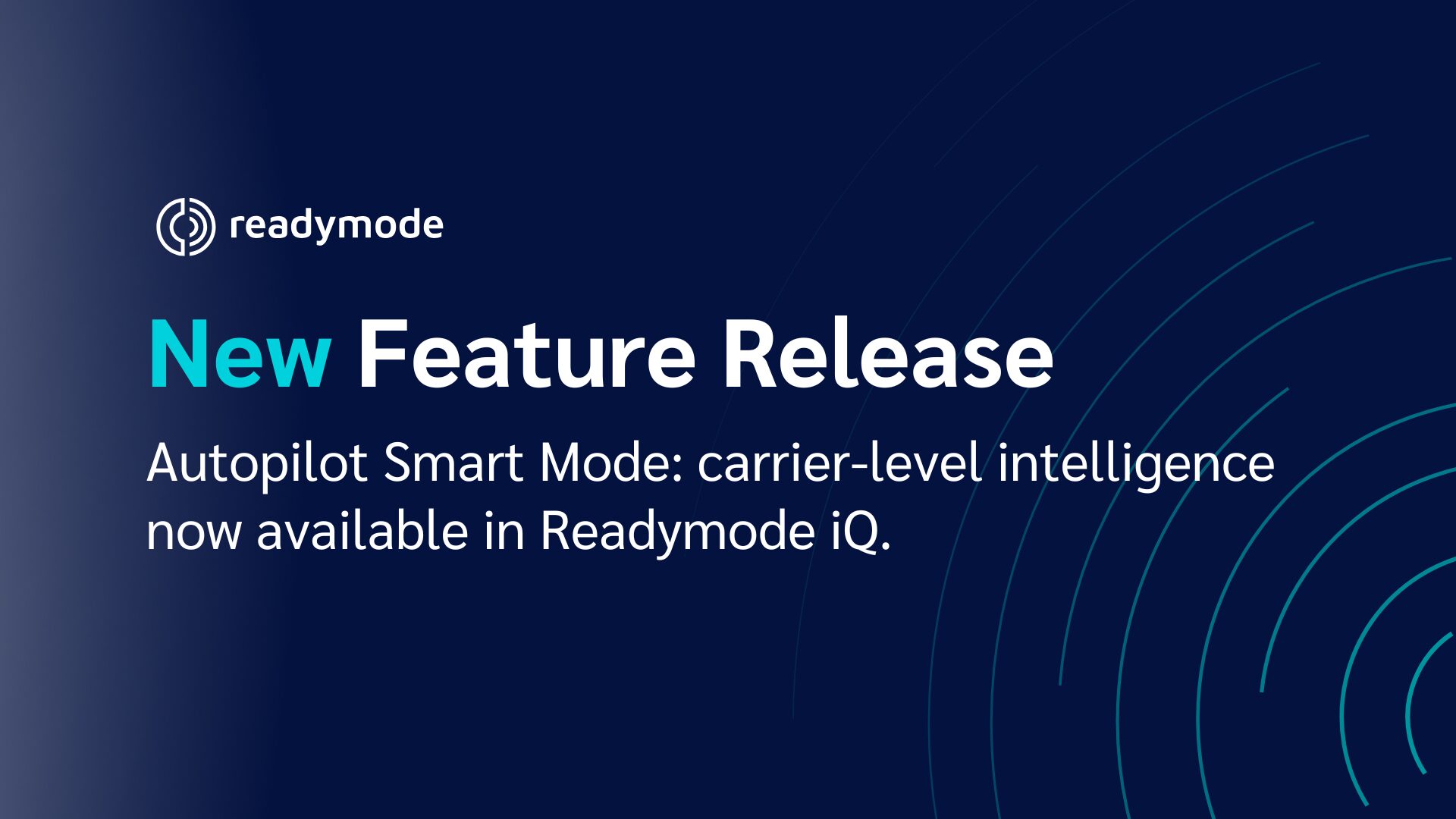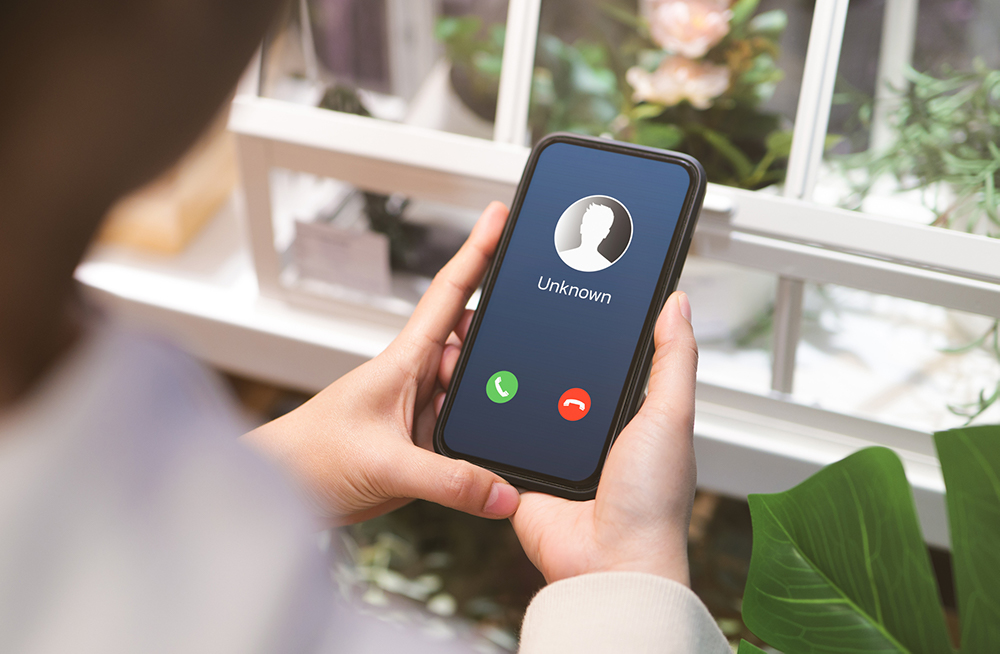The communications industry is full of acronyms. Among the more clever is STIR/SHAKEN, which stands for “Secure Telephone Identity Revisited/Signature-based Handling of Asserted information using toKENs.” You can see why they shortened that.
STIR/SHAKEN directly impacts your caller ID reputation, and how effectively your calls are able to reach potential customers. By understanding what it is and why it matters, you can stay compliant and get the most out of your outbound calls.
What Is STIR/SHAKEN?
STIR/SHAKEN is a technical system that originating phone companies—the companies serving the people making calls—use to rate (or attest) their customers’ outbound calls. Terminating carriers—the companies serving the people receiving calls—also use it to verify the source of calls, so they can confirm when a call is coming from a verified source (as opposed to a spoofed call from an unknown source).
After Congress passed the TRACED Act (yes, another acronym) in 2019, the FCC issued new rules requiring IP-based phone companies to implement the STIR/SHAKEN system. The FCC’s rules now also allow terminating carriers to block incoming calls based on reasonable analytics. Having poorly attested calls is a common factor that terminating carriers look for when deciding which calls to block or flag as “Spam/Scam Likely.”
Why Does STIR/SHAKEN Matter?
For outbound calls, what matters to you is that your call has the highest rating possible: an A or full attestation. Under the STIR/SHAKEN guidelines, to get an A, the originating carrier must satisfy these three conditions for each call it attests as an A:
-
- It is responsible for the origination of the call onto the IP-based service provider network.
-
- It has a direct authenticated relationship with the customer and can identify the customer.
-
- It has established a verified association with the telephone number used for the call.
If the originating carrier knows who its caller-customer is, but doesn’t have a verified relationship with the telephone number being used as the Caller ID, it can only give those calls a B or partial attestation. This will affect how terminating carriers’ robocall-blocking tools grade a call.
If the carrier can’t verify either the caller or the phone number, those calls get a C or gateway attestation, and have the lowest probability of actually being delivered to the intended recipient.
Summary of Call Attestation Ratings
-
- A or Full Attestation: The originating carrier is responsible for the call, has a direct authenticated relationship with the customer, and a verified association with the telephone number.
-
- B or Partial Attestation: The originating carrier is responsible for the call, has a direct authenticated relationship with the customer, but does not have a verified association with the telephone number.
-
- C or Gateway Attestation: The originating carrier can’t verify the caller or phone number.
How Readymode™ Can Help You Achieve Full Attestation
While achieving full attestation may sound difficult, it doesn’t need to be. Readymode™’s carrier partner is STIR/SHAKEN compliant in accordance with the FCC’s rules and deadlines.
This means that every outbound call made through your Readymode account has full attestation because it originated in modern IP format, and Readymode’s carrier partner issued you your phone number and knows who you are because you’ve gone through their KYC (“Know Your Customer”) process.
This is yet another way Readymode builds compliance into its software, and helps maximize its customers’ call-completion rates.
As always, please consult a qualified attorney to meet your particular call center compliance needs.
Joe Bowser
Joe Bowser is a partner at Roth Jackson. He has been practicing communications and marketing law for two decades. He advises and defends calling and SMS platform providers (like Readymode), carriers/VoIP providers, and heavy users of those services in their wide range of compliance needs. In his spare time, you can find him taking his boys to their sports, getting in a workout of his own, or catching an Arsenal match.
